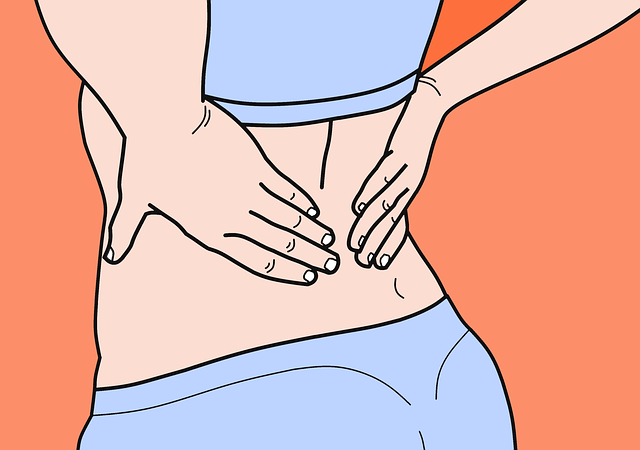
Using your Hips to Fight Lower Back Pain
The problems facing your hips are myriad.
Let’s focus on how it relates to low back pain. As the largest joints in the human body, the hips are meant to support the weight of the human body during both static and dynamic (moving) posture. The entire region, known as the pelvis, contains the two hip bones which connect by way of muscles and ligaments to the sacrum to form the sacroiliac joint. Because there is a complex network of nerves which control muscles and organs in the local area, the sacroiliac region is prone to misalignment and painful nerve irritation.
Hip mechanics have gone out the window
It’s something that we all seem to “unlearn” at some point along the way to becoming an adult. We stop using our hips for motions such as lifting and twisting, and the lower back must perform this movement, which adds to its already considerable burden. For a basic lift, we all know that we are supposed to squat down to the object, then thrust forward with the hips to initiate the lift. But in our infinite laziness, we often forego this motion and just bend over to pick up and object. This sets a trend for many motions in which the lower back is unfairly asked to pick up the slack of the hips.
Hip mobility also faces problems due to excess sitting: when we are sedentary all day, the many muscles in the hip region are conditioned to remain contracted. This leaves them vulnerable to injury when we ask them to do basic elongating movements such as walking or running.
The clear truth is that using your hips properly can help fight lower back pain.
At Hayes Family Chiropractic, we want to help you relearn what was lost- by teaching you about proper body mechanics and when to apply them, you can stop overburdening your lower back. Furthermore, we can provide relief to those tight hip muscles and realign the lower spine to prevent nerve irritation from affecting you further. By adhering to proper body mechanics, stretching and strengthening the right muscles, you can go a long way toward preventing degenerative joint disease and other problems in the lower back!
Dr. Chris Hayes, D.C.